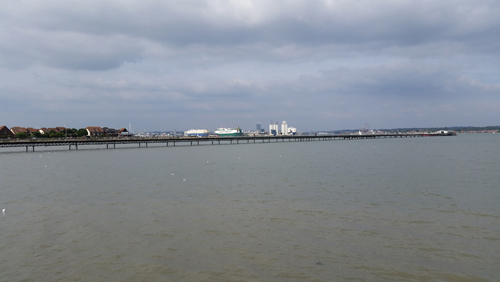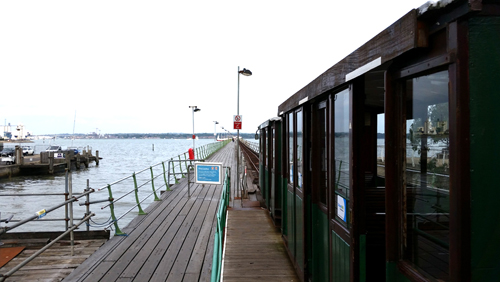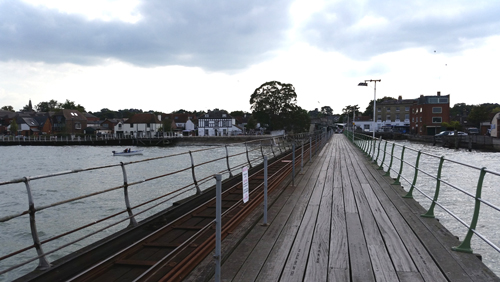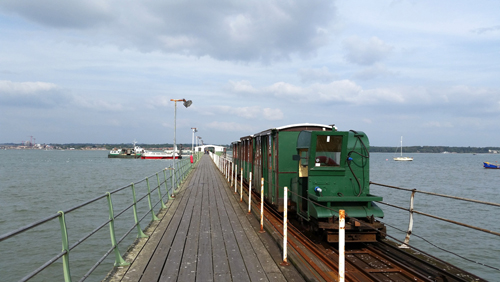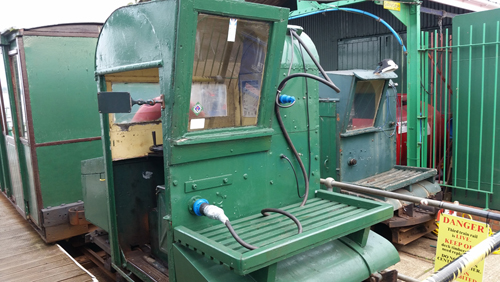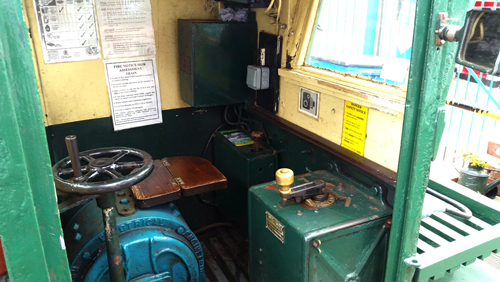|
| OO Scale | N Scale | G Scale | Z Scale | HO Scale | Slot Cars & R⁄C |
| |||||||
|
|||||||
| Home Page | |||||||
| BUY GIFT VOUCHERS | |||||||
| Products | |||||||
| Latest News | |||||||
| RIGHT LINES | |||||||
| Bargains | |||||||
| Downloads | |||||||
| Events | |||||||
| Careers & Jobs | |||||||
| Carriage Services | |||||||
| About Us | |||||||
| Contact Us | |||||||
| Pay Us A Visit | |||||||
| Meet The Staff | |||||||
| Links | |||||||
| SHOPPING BASKET |
Your shopping basket is empty. To add an item, click the "Buy" button
| YOUR ACCOUNT | ||
|
||||
 |
||||
| Prodigy Advance Digital System |
||||
| Cased Controllers |
||||
| Panel Mount Controllers |
||||
| Walkabout Controllers |
||||
| Modules & Transformers |
||||
| Scenics & Accessories |
||||
| Wiring & Electrical Components |
||||
| Tiny Signs | ||||
| Tools | ||||
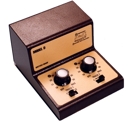 |
||||
| O Scale | Wargaming | Architectural | Narrow Gauge | Tools+ | ||
The Hythe Pier Railway

STUART JORDAN gives a brief history of this interesting Narrow Gauge railway in Hampshire, and ideas on how to model it.
On a recent visit to Southampton I had a couple of hours to spare so I took the ferry across to Hythe, a small town in the New Forest perched on the edge of Southampton Water. The ferry runs every half an hour from Town Quay to Hythe Pier, a relatively short journey of just less than two miles by sea – to drive to the same destination would be around 10 miles!
Hythe Pier, Southampton Water. (Click on any of the images to view a larger version.)
Hythe Pier is slightly different to other ferry piers, because when you arrive at Hythe you are greeted by the sight of a 2ft Gauge railway that runs the entire 640m length from the pier head right to the shore.
Looking east along the pier from the landward station.
A Southampton-Hythe ferry was first recorded over 400 years ago, but it wasn’t until 1881 that the present pier was opened for business. A hand-propelled Narrow Gauge railway was built on the pier in 1909, and was electrified in 1922. It has been operating ever since then and is the longest continuously running pier train in the UK.
Looking back from part-way down towards Hythe.
The rolling stock consists of two four wheeled electric locomotives built by the Brush Electrical Engineering Company in 1917. Their running numbers are 16302 and 16307. Originally battery powered, they were used in the Mustard Gas factory in Avonmouth during World War I. After transfer to the Hythe Ferry they were converted to run off the third rail. The rear coach is always driving coach, as there is no way of the train turning round so the locomotive always faces the landward end of the pier.
The train heading back out to the pier head. The driver is in the rear driving coach, which is why the cab is empty!
Modelling the Hythe Pier Railway
The locomotive parked up in the landward station.
The pier railway would make an interesting project for an end-to-end narrow gauge layout in OO9 scale. The pier itself could be constructed either from existing kits or scratchbuilt using Plastruct (See Warren's article also in this issue here!). Using a Gaugemaster Shuttle unit (GMC-SS1) running off a simple single track controller like the Combi (GMC-COMBI) the end to end running can be replicated and automated.
The cab interior.
The rolling stock could be more problematic and would require some intensive modelling work. The Locomotive could be scratchbuilt around a Kato 4 wheeled chassis (K11-103) and the coaches modified from Parkside Dundas stock. There is also of course the sea to be modelled as well, and the buildings on the pier head and landward end (and even the ferry!). Because the locomotives and stock have been the same since 1922 the layout could be modelled in any era since then, and old photographs online may help to show what the pier looked like in a given era. It would be an ambitious project, but no doubt rewarding when completed!
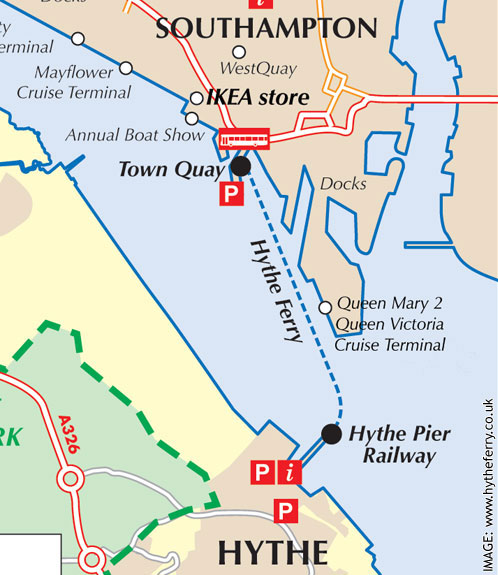
For completeness, above is the route of the ferry. I'd not been on the Hythe Ferry since the mid-eighties, I was born in Hythe and we lived there for a few years before moving away.
|
We are always looking to make improvements to our website to try and improve the quality of your visit. We would welcome your feedback and suggestions, so please do not hesitate to e-mail our webmaster with your comments. Alternatively call us on 01903 884488.
Home Cookies Privacy Statement Terms & Conditions Site Map Site Guide
WEEE Regulations Glossary Careers & Jobs
Tel – +44 (0) 1903 884488 Fax – +44 (0) 1903 884377 E-Mail us – click here
Gaugemaster.com is a trading name of Gaugemaster Controls Ltd.
Registered in England No. 2714470, Registered office:
Gaugemaster House, Ford Road
Arundel, West Sussex, BN18 0BN, United Kingdom
VAT Reg. No. 587 8089 71
Copyright © 2003-2014 Gaugemaster Controls Ltd. All Rights Reserved.

